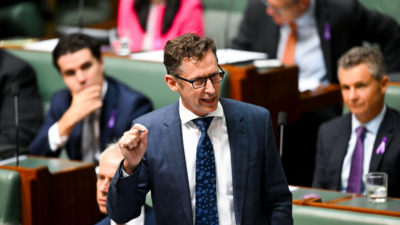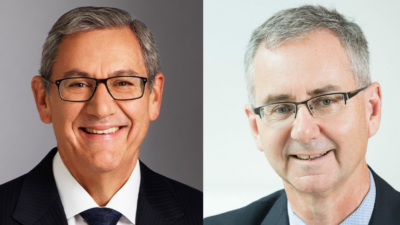-
Sort By
-
Newest
-
Newest
-
Oldest
If or when there’s another royal commission into financial services, the profit-to-member and industry funds will not be able to say they weren’t warned about their problems. They were warned twice on Tuesday alone.
The prudential regulator wants to publish more granular details of how funds spend and invest their members’ money in an initiative it hopes will improve transparency in the $3.5 trillion super sector.
ASIC has launched civil proceedings against Australia’s biggest super fund over allegations it failed to consolidate the accounts of 90,000 members and continued to charge them fees.
Mergers aren’t costless and big super can’t necessarily be counted on to clean up the long tail of unsustainable small funds. Solving the problem might require thinking outside the box.
A joint review conducted by ASIC and APRA was scathing of funds’ collective attempts to meet their new legal obligation to help fund members plan for retirement, and urged them to “address, with urgency, the gaps in their approach”.
The prudential regulator is “rigorously targeting” areas of non-compliance it identifies during its massive study of cyber resilience among banks, insurers and superannuation trustees.
Australian super funds and asset managers shouldn’t ape their international peers when it comes to unlisted investment practice, according to Frontier, and demand for more frequent valuations will ultimately be worn by members.
Proposed YFYS changes do nothing to address index hugging, according to AustralianSuper, and super funds should be compared to a universal industry benchmark rather than a larger and more complex set of indices in the performance test.
Megafunds are outstripping APRA’s ability to regulate them effectively, according to a panel of super executives, while private asset valuations are a source of “real tension” between funds and the government despite its big nation-building push.
Genuine uncorrelated alpha is the holy grail of investments, writes Michael Block, but managers and strategies that can actually generate it are hard to find. So what’s a poor boy to do?














